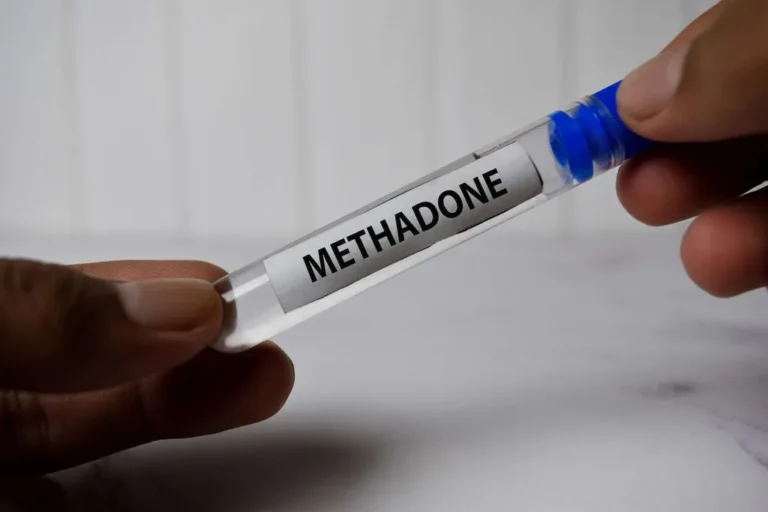
In addition to blurred vision, alcohol can also cause other visual disturbances such as double vision or difficulty focusing. The sooner a person seeks help, the better their chances of achieving lasting recovery. Early intervention not only addresses immediate concerns but also lays the groundwork for long-term health and well-being. Alcohol disrupts the hippocampus, the part of the brain responsible for memory formation. However, when the intestines become irritated and inflamed by too much alcohol, they lose their efficiency, which manifests as chronic diarrhea.
Deaths from excessive alcohol use

However, this pathway is of less importance from a public health perspective (Lachenmeier and Rehm 2009; Lachenmeier et al. 2007) because it has a much smaller impact than the other two factors. You may think an occasional drink is harmless, but prolonged alcohol abuse can wreak havoc on your body and mind. Recent studies show that over 14 million U.S. adults struggle with alcohol use disorder, with devastating consequences.
Withdrawal and Recovery
Finally, learn positive coping skills that will equip you to deal with triggers. If they aren’t treated simultaneously, one condition could become a trigger for relapse of the other one. Binge drinking refers to a man who consumes five or more drinks in two hours or a woman who consumes four or more drinks.

How Can I Prevent Alcoholism?
CMT uses a reward system like positive reinforcement to motivate you in recovery. You receive a reward for each milestone in recovery, like one month alcohol-free or 90 days in treatment. Someone who is pregnant and continues to drink can injure their unborn baby, possibly causing fetal alcohol syndrome. If you are taking medications, they can interact negatively with alcohol, leading to potentially fatal consequences. Alcoholism is a brain disorder that can range in severity from mild to moderate to severe.
- Another limitation to calculating the burden of chronic diseases and conditions attributable to alcohol consumption is the use of mainly unadjusted RRs to determine the AAFs.
- Professional treatment for alcohol use disorder is crucial to prevent the severe and potentially irreversible damage that long-term alcohol abuse can have on the body, including the increased risk of cancer.
- We’re here 24/7 to help guide you or your loved on through rehab and recovery.
- Therefore, it’s important to understand your insurance coverage before beginning treatment.
Alcohol Use Disorder

In some cases, reducing or eliminating alcohol consumption can help improve vision and prevent further damage. However, some alcohol-related vision damage may be irreversible, so it’s important to seek medical advice for individual cases. This condition is particularly concerning because it may not present symptoms until significant damage has occurred, making early detection challenging. As you consider the long-term implications of alcohol on your vision, it becomes clear that moderation is key in preserving not only your eyesight but also your overall health. Professional treatment provides a structured environment, medical support, and evidence-based therapies to address the physical, emotional, and behavioral aspects of addiction.
Understanding these changes is key to recognizing when alcohol use has crossed the line from social drinking to problematic behavior. Our team can help you determine if your addiction treatment at Evoke Wellness could be at little to no-cost to you. Complete long-term alcohol misuse may cause the form below and we will complete your insurance verification and get back with you shortly. Considering these hormonal dysregulations, unhealthy alcohol use can also contribute to low bone density for older men and post-menopausal women. Low bone density can increase the likelihood of osteoporosis, vertebral fractures, wrist fractures, and hip fractures. Alcohol impairment can lead to serious falls or vehicular collisions resulting in traumatic brain injuries.
According to the National Survey on Drug Use and Health, young adults and college students have the highest rates of alcohol addiction. Alcoholism, clinically known as alcohol use disorder, is a chronic brain disorder that puts someone at risk for adverse side effects, withdrawal symptoms, and relapse. Substance abuse often leads to job instability, financial strain, and legal issues, all of which disrupt social and family life.
Second, most of the analyses of alcohol and the risk of chronic diseases and conditions show no marked differences after adjustment (see Rehm et al. 2010b). However, the need for adjustment to the RRs may change when other dimensions of alcohol consumption, such as irregular heavy-drinking occasions, are considered with respect to ischemic heart disease. The overall volume of alcohol consumption plays a role in all alcohol-related diseases, whereas drinking patterns only affect ischemic cardiovascular diseases. In addition to the overall volume and pattern of consumption, the quality of the alcoholic beverages consumed also may influence mortality and morbidity from chronic diseases and conditions.
There are many short-term risks of drinking, and these increase with the amount a person drinks at once, and with frequency of drinking. MI is a therapy that helps people who need to make healthy changes, drug addiction like quitting drinking alcohol, but who may not be ready to stop. The principles of MI include the ability to make decisions, acceptance, exploring motivations and reasons for change, and committing to change. CBT is a technique that focuses on changing negative thinking patterns that influence unhealthy feelings and behaviors.
While moderate use might seem harmless to some, the reality is that alcohol has a profound impact on behavior, often in ways that are not immediately evident. These changes can range from subtle personality shifts to severe behavioral disorders, making it crucial to understand the risks and seek professional help when necessary. At Greater Boston Addiction Centers, we provide expert care for those struggling with alcohol addiction, utilizing therapies such as CBT Therapy, DBT Therapy, and comprehensive Alcohol Treatment programs.